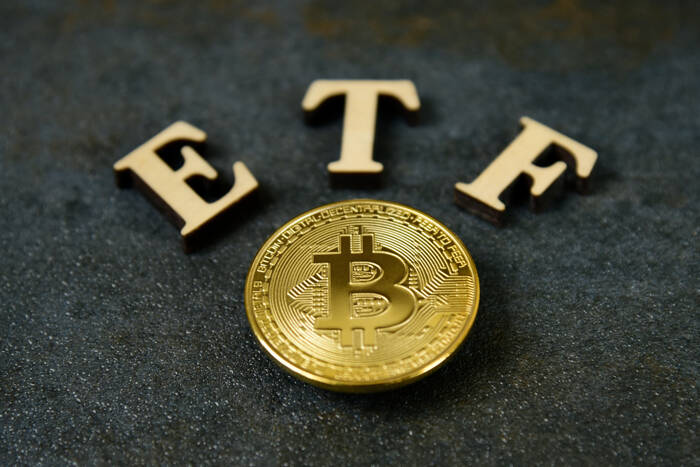Grayscale says that approvals have nothing to do with the differences between futures and spot Bitcoin ETFs because prices are based on the same spot Bitcoin markets.

As asset management businesses continue to compete for a Bitcoin (BTC) exchange-traded fund (ETF) spot in the United States, despite regulators’ skepticism, Craig Salm, chief legal officer at asset management Grayscale, spoke with the SEC about the firm’s litigation involving the conversion of the Grayscale Bitcoin Trust (GBTC) into a spot Bitcoin ETF.
Salm presented Grayscale’s case against the SEC while answering the most frequently asked questions about the litigation. According to the legal officer, the SEC’s denial of the spot Bitcoin ETF distinguishes between futures and spot trading for Bitcoin ETFs.
Grayscale, on the other hand, claims that the variances have no bearing on the approvals because both futures and spot Bitcoin ETF prices are based on the same spot Bitcoin markets.
As a result, the Grayscale legal team thinks that the rejection of spot Bitcoin ETFs while approving Bitcoin futures ETFs is “unfair discrimination.” According to Salm, this is a violation of multiple statutes, including the Administrative Procedure Act and the Securities Exchange Act of 1934.
After explaining Grayscale’s arguments, Salm addressed the most often asked topic among those following the lawsuit’s progress: When will a spot Bitcoin ETF be approved?
While there is no certainty regarding the exact timing due to several circumstances, Salm predicts that it may take one to two years.
Despite the potential length of the lawsuit, Salm stated that Grayscale is confident in its arguments and expects the courts to find in its favor.
When Grayscale filed a legal challenge against the SEC, the community rallied around the company. Many people were dissatisfied with the decision to reject the spot Bitcoin ETF while authorizing an ETF that shorts Bitcoin. According to one Twitter user, the SEC’s action is intended to “lower the price of Bitcoin.”
